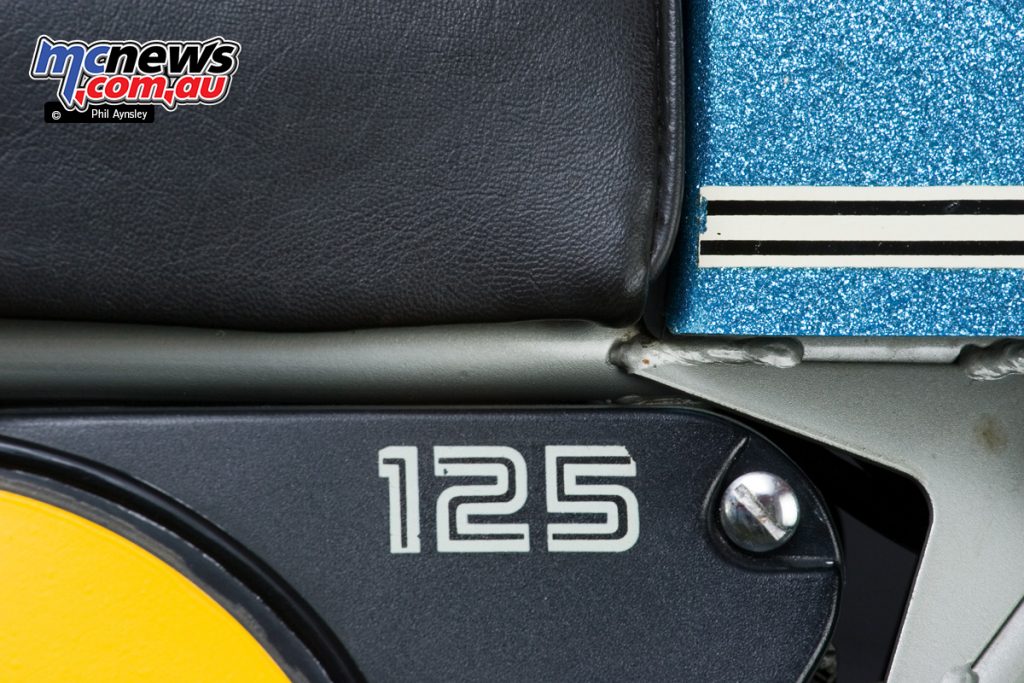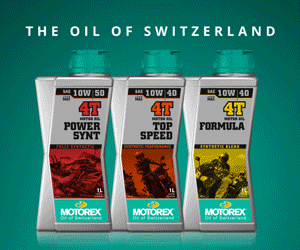Ducati 125 Regolarita
With Phil Aynsley
So, who knows what the last two-stroke Ducati motorcycle was? *crickets*
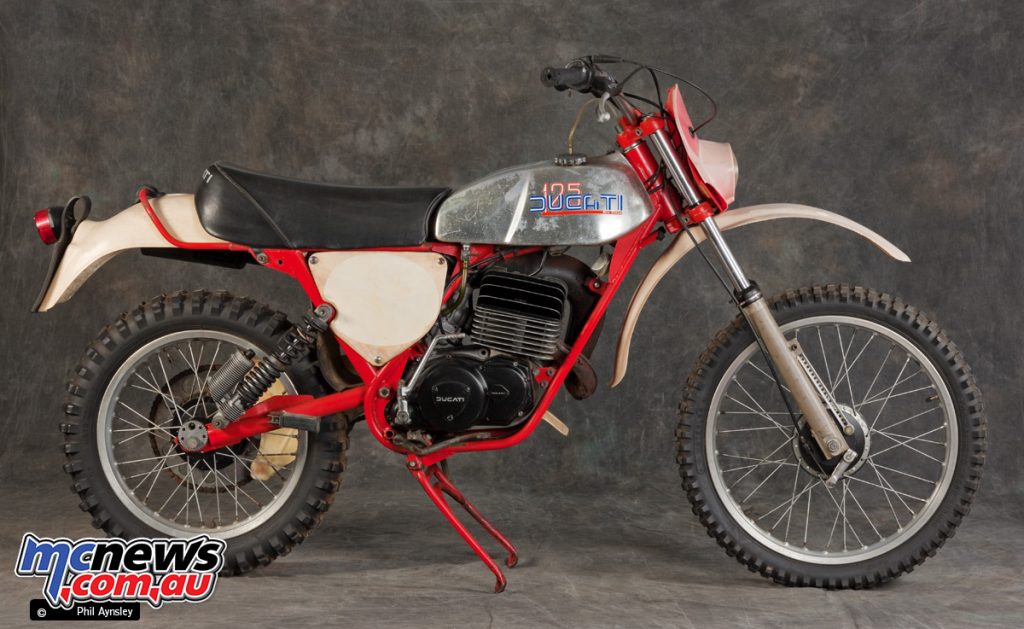
It may be a surprise to learn that the company was still producing two-strokes at the same time as the famous bevel-drive twins and even the Pantah were rolling off the assembly lines.
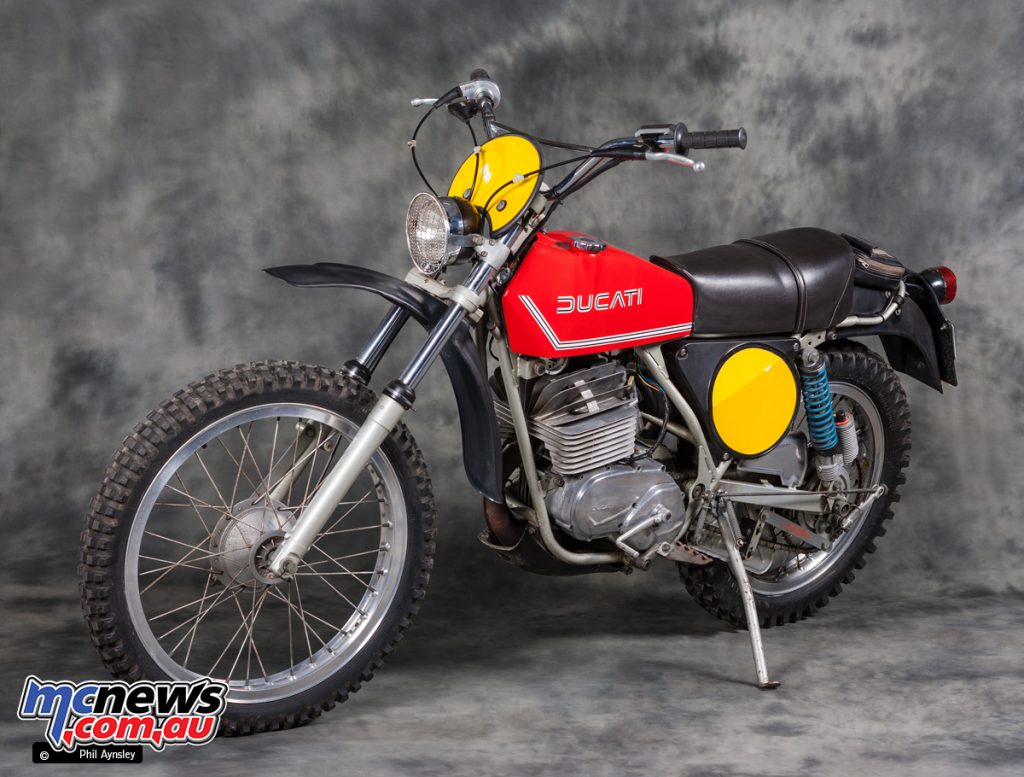
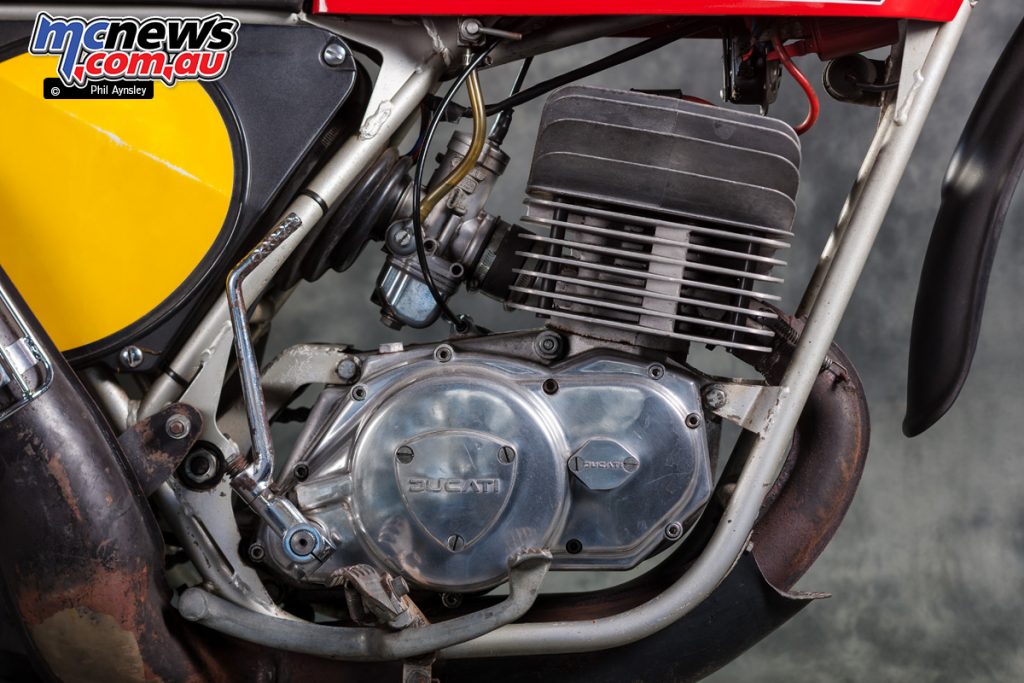
I’ll get to the very last model in a minute but to set the context I need to discuss the model it replaced first – and that was the 125 Regolarita. It was in production from 1975 to 1979 and was the largest capacity two-stroke made by Ducati.
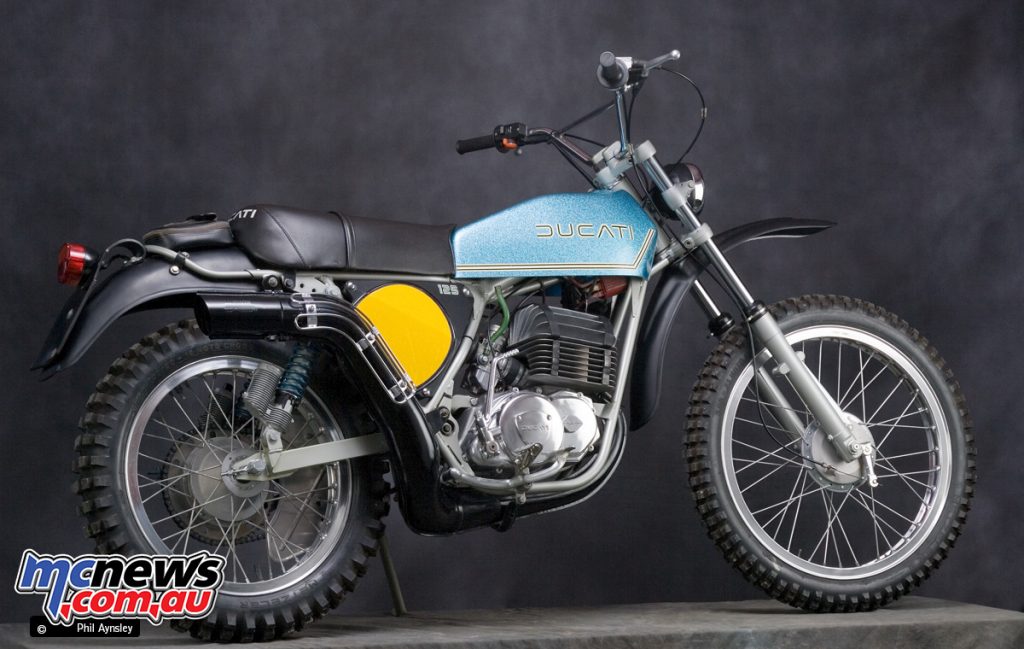
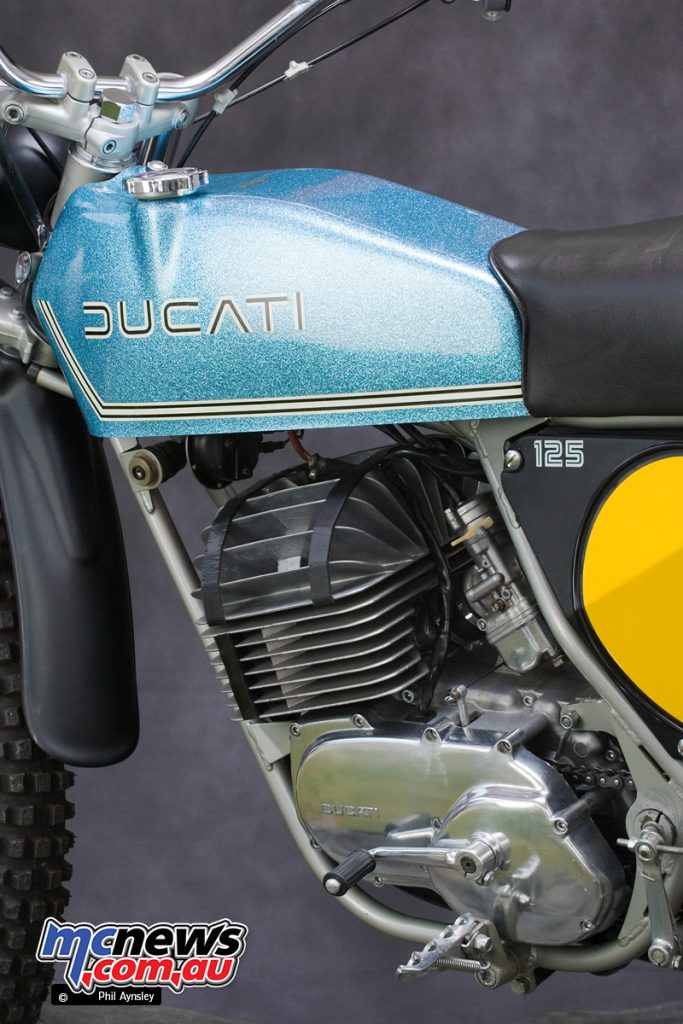
The company had a long history of bringing out “Scrambler” versions of their singles, both two- and four-stroke, in capacities from 49 to 436cc.
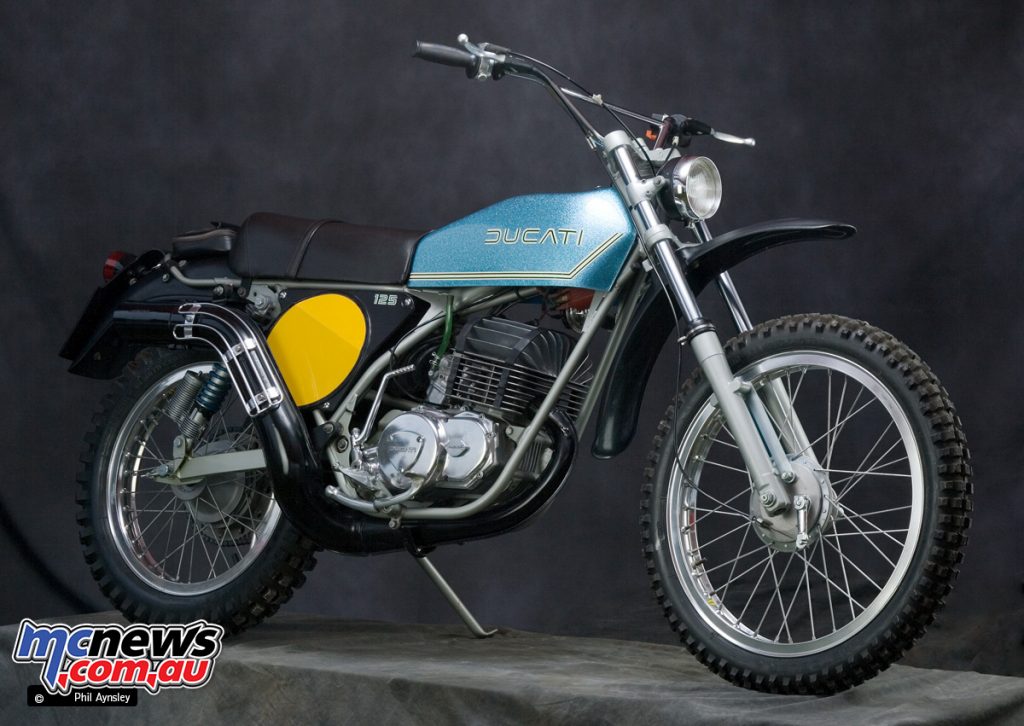
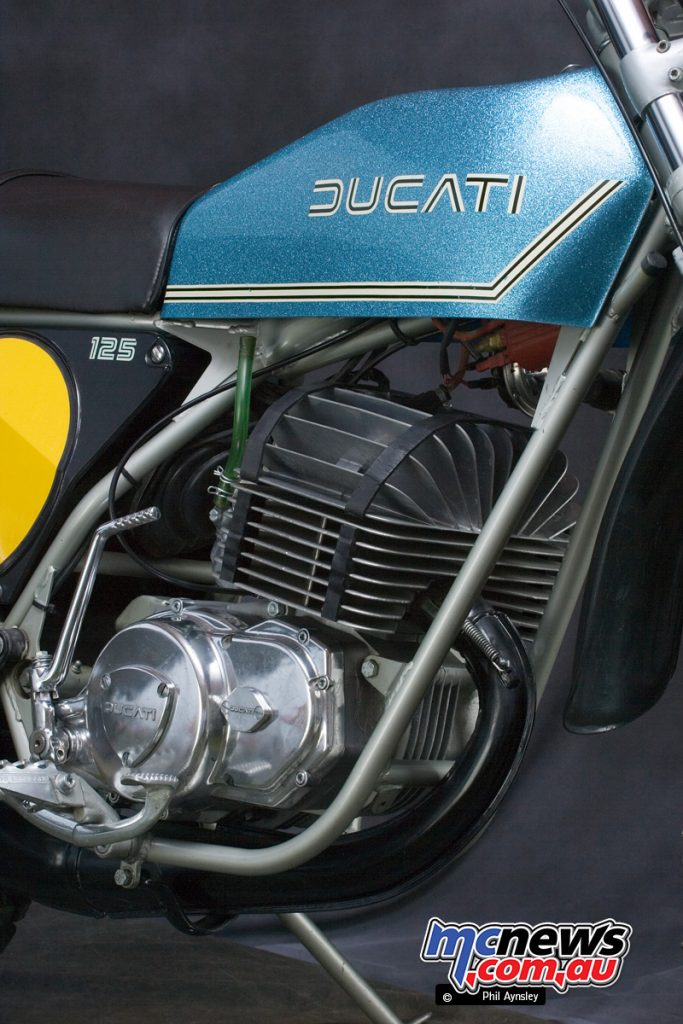
For the most part these were more cosmetic makeovers of the road versions rather than serious off road bikes. The Regolarita was a completely new design however and was intended to be a reasonably competent dirt bike.
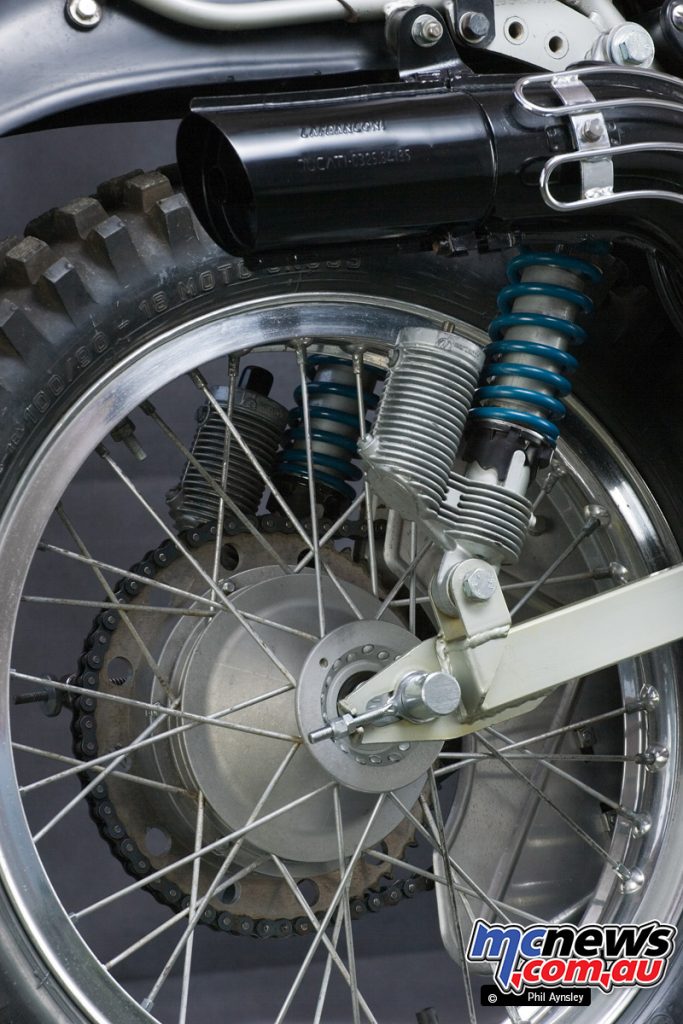
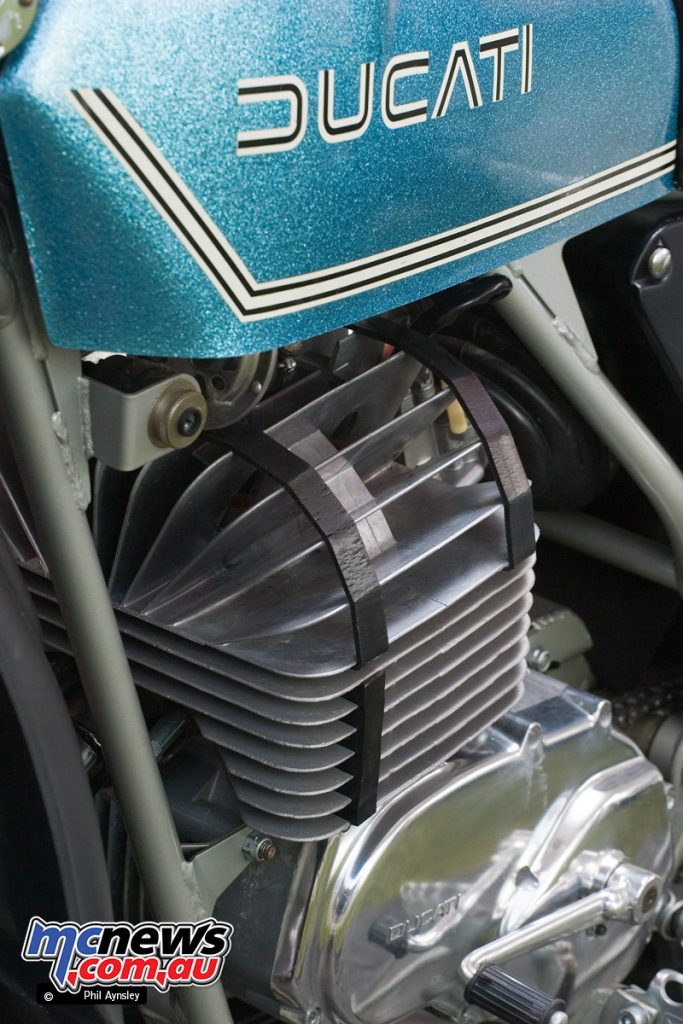
The piston-port, six-speed motor was a new in-house design and of 123.7cc capacity. A Dell’Orto PHB 30mm carburettor was fitted.
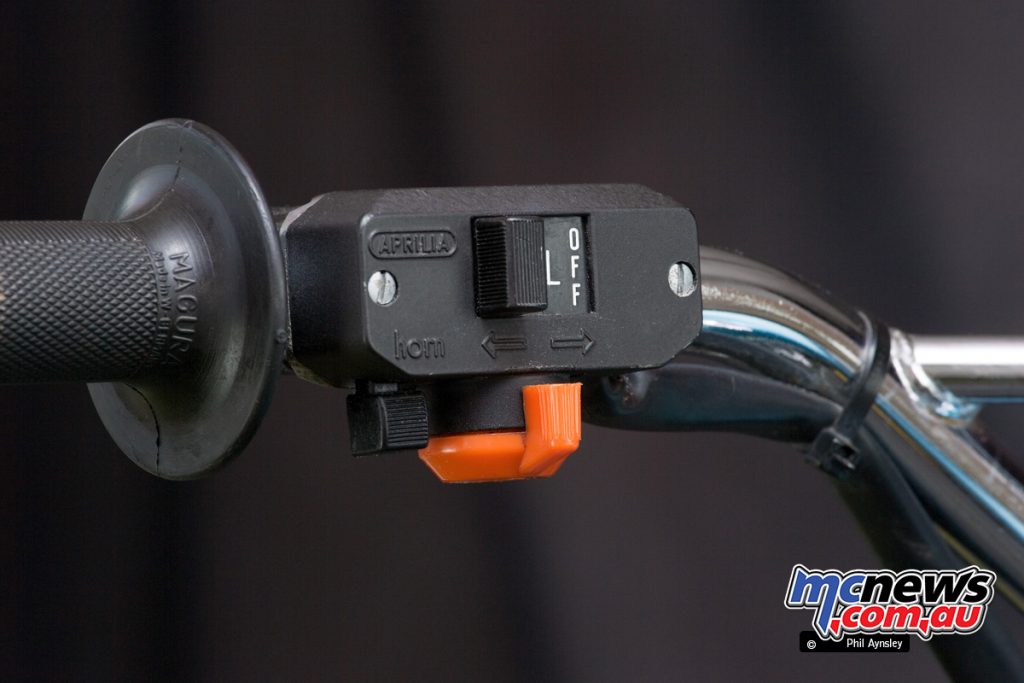
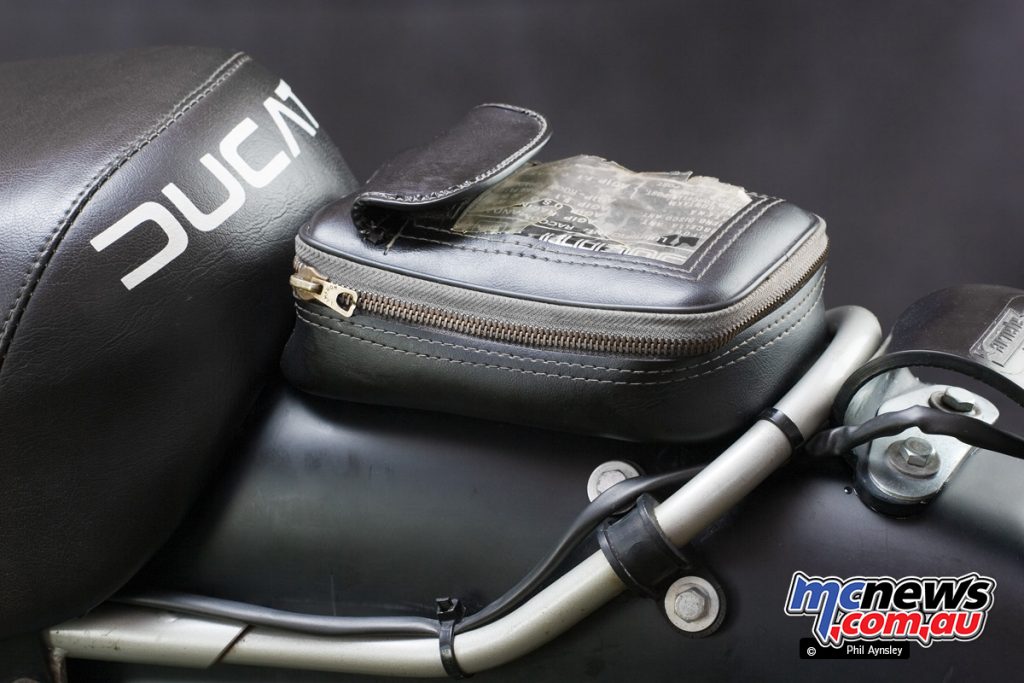
The small six-litre tank held a five per cent oil/petrol premix, no injection. Output was 21.8hp at 9,000rpm. Dry weight was 108kg.
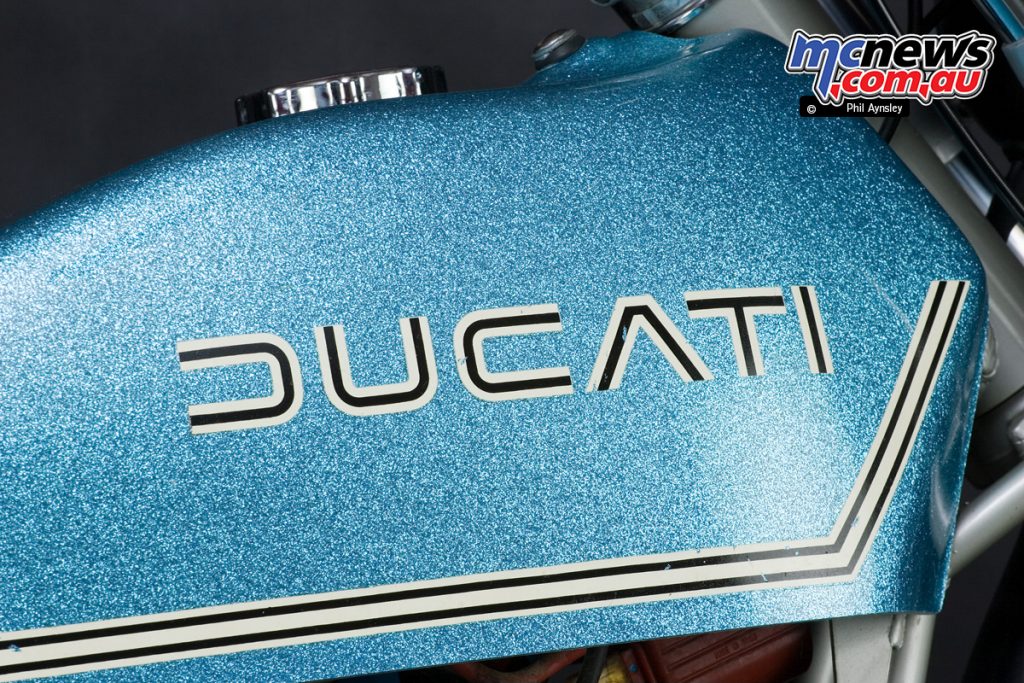
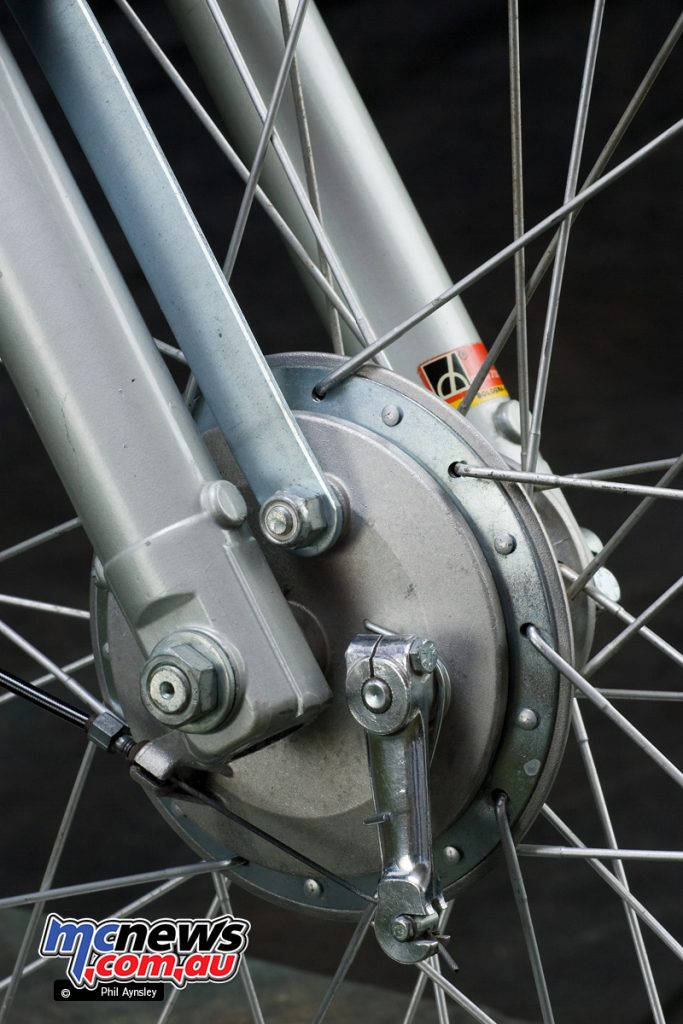
The ancillaries were a confusing mixture – top quality Magura parts such as the throttle assembly (with oiler) and levers with vinyl covers versus an underslung exhaust with fibreglass guard. The tank was also fibreglass.
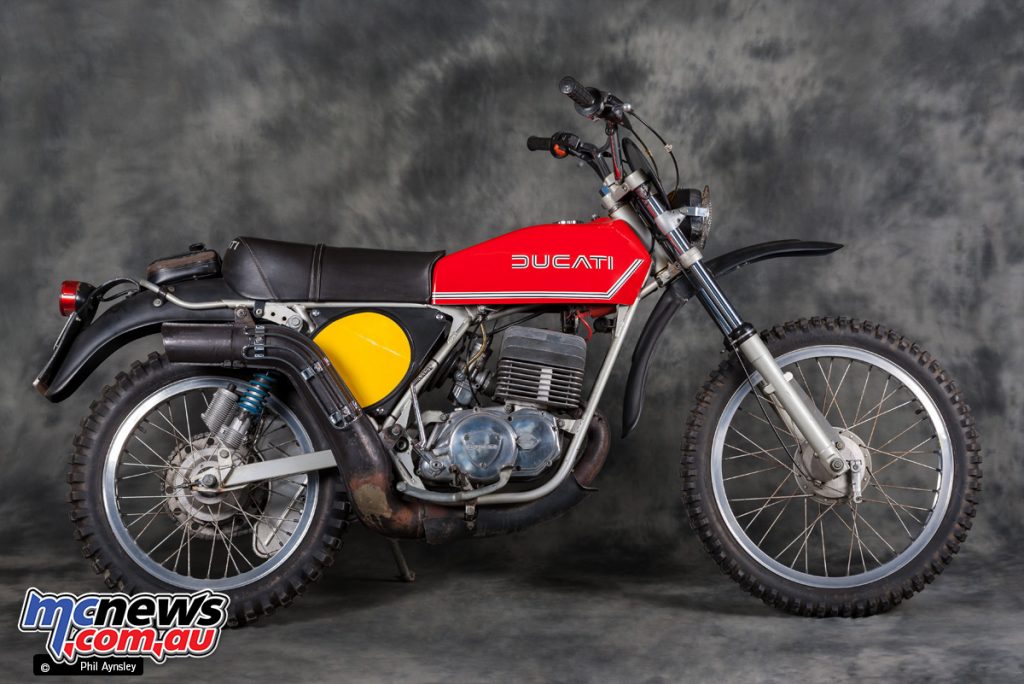
The bike wasn’t particularly successful with just under 3,500 being produced. Somewhat strangely about half were sold in France, domestic Italian riders being the other main market.
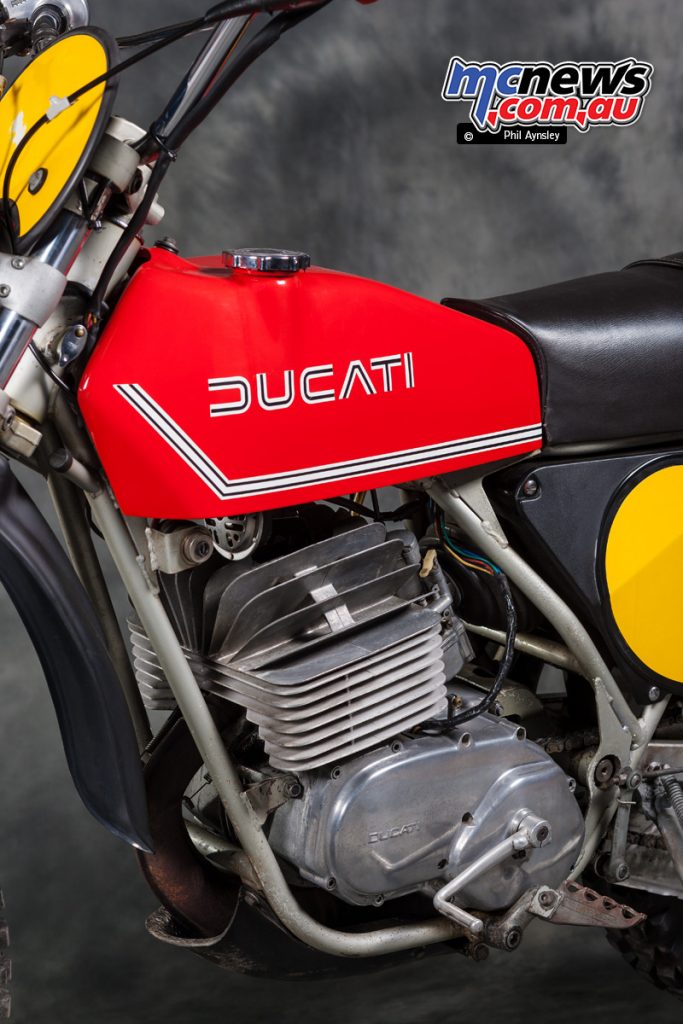
The red bike seen here had found its way to NZ before being imported into Oz and is still ridden regularly. The blue bike is also in original unrestored condition.
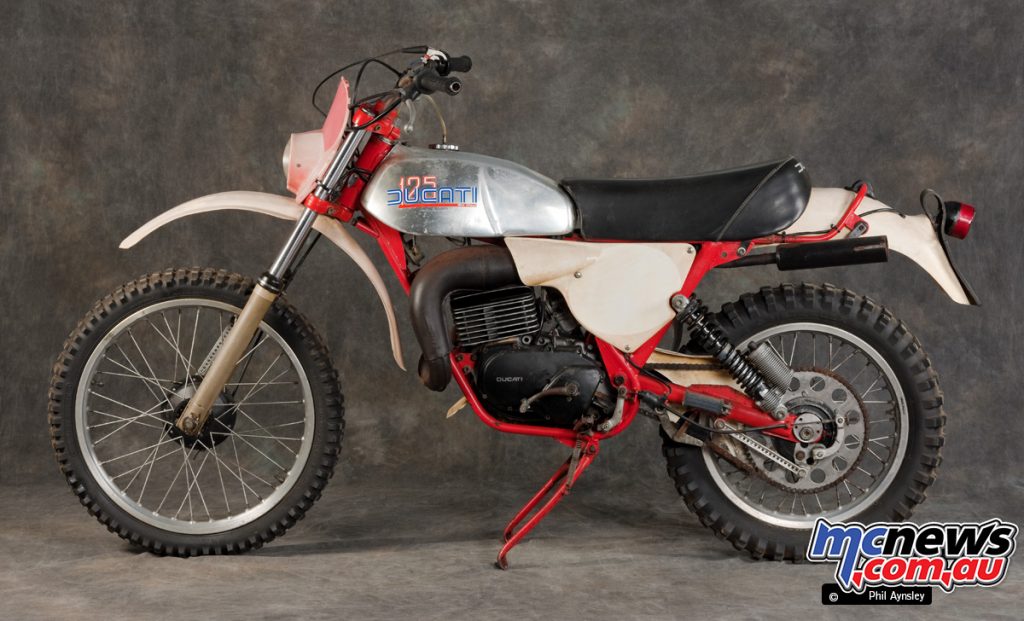
Given the lukewarm reception that greeted the Regolarita, Ducati realised a more serious effort was required if they were to capture a significant share of the off road market.
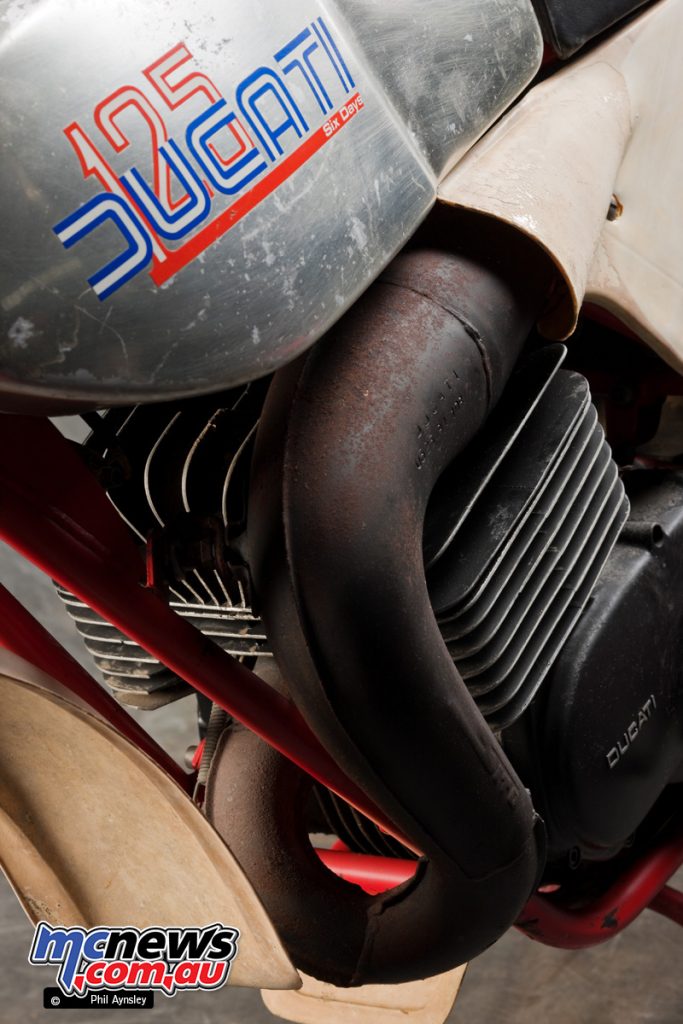
Italian 500 motocross champion Italo Forni was employed to refine the design and the 125 Six Days was the result. The frame was rejigged, strengthened and a high level exhaust used. Tank capacity was raised to eight-litres.
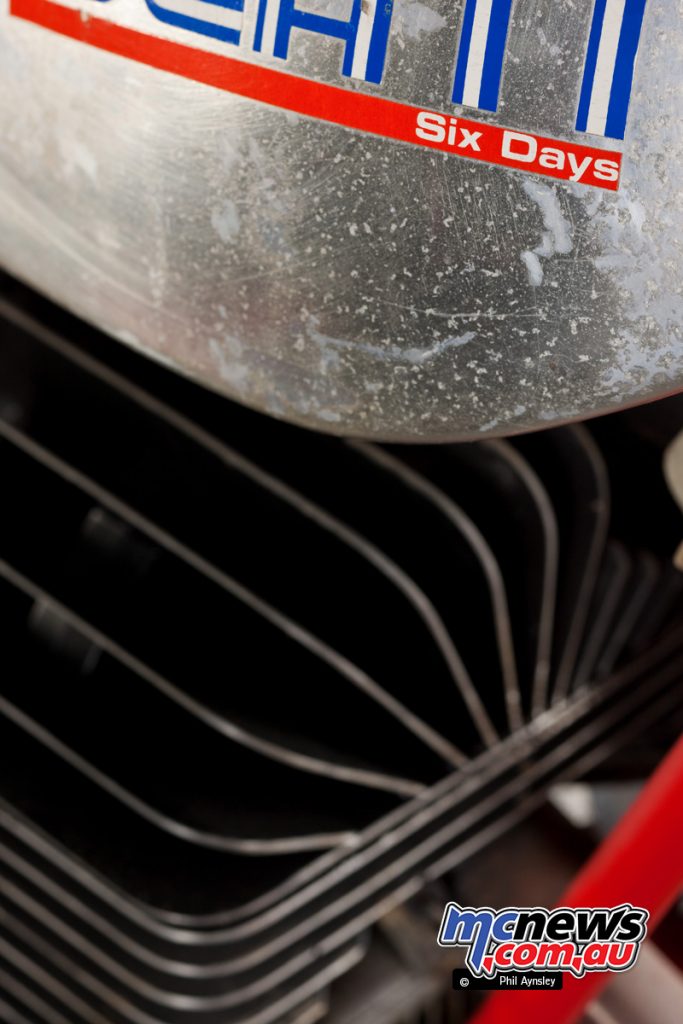
The motor also received attention with power increasing to 25hp at 10,250rpm. A 34mm Bing carburettor and 14.5:1 compression (up from 10.5:1) played their part in the increase.
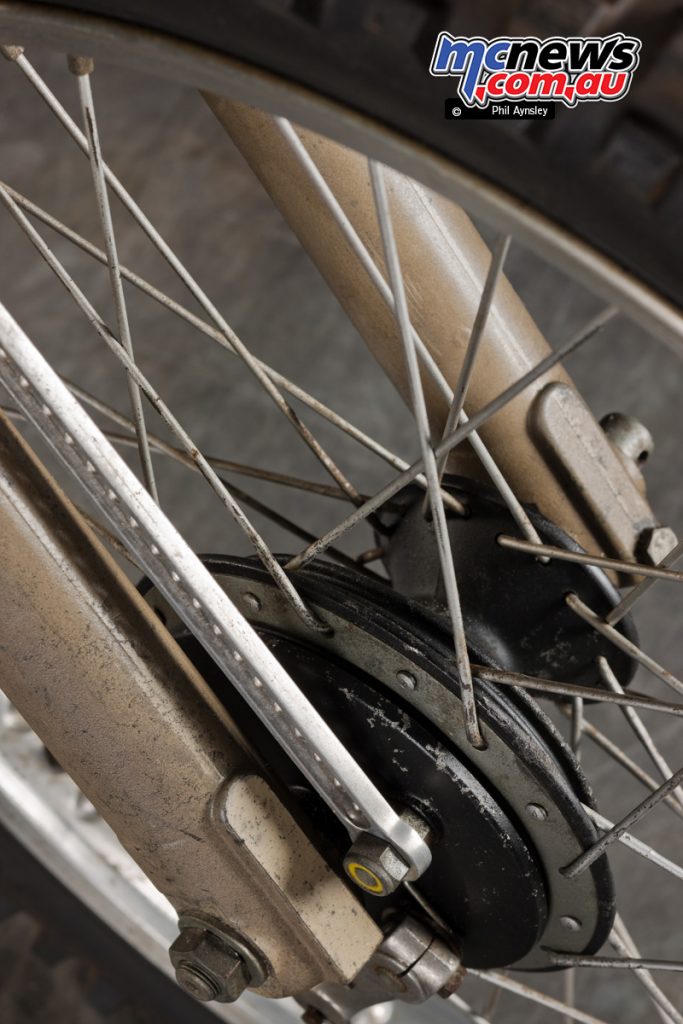
35mm Marzocchi ZTi magnesium forks helped reduce the bike’s dry weight to 97kg.
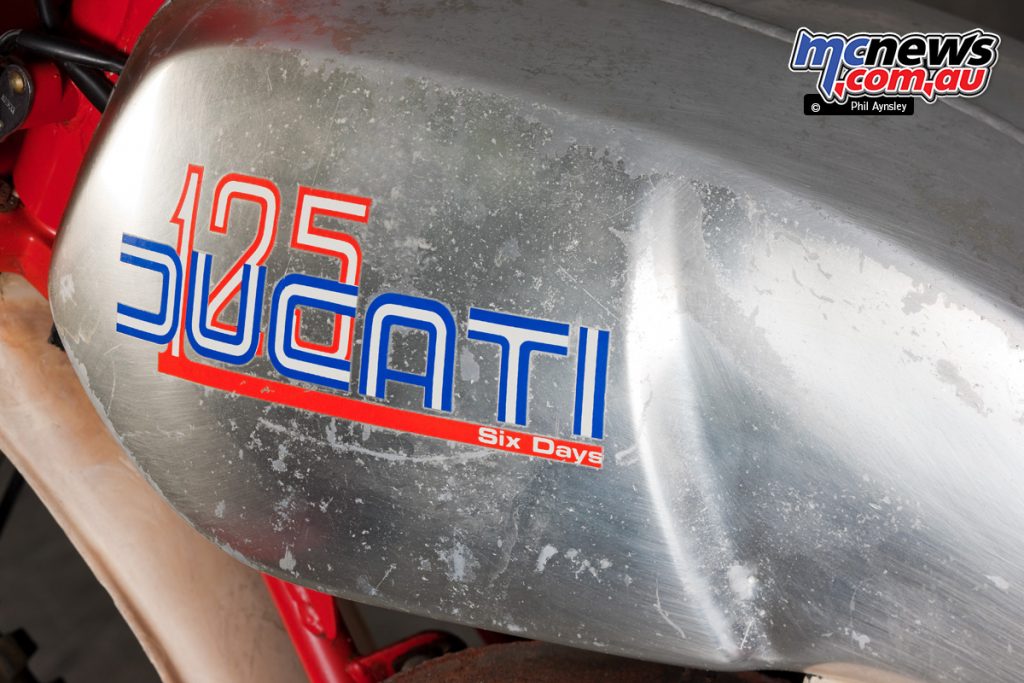
Despite being a much better off road bike than its predecessor it was all a bit late and only 1,450 were built from 1977 to 1979. So ended Ducati’s long (starting in 1958), but mostly overlooked, two-stroke history.
